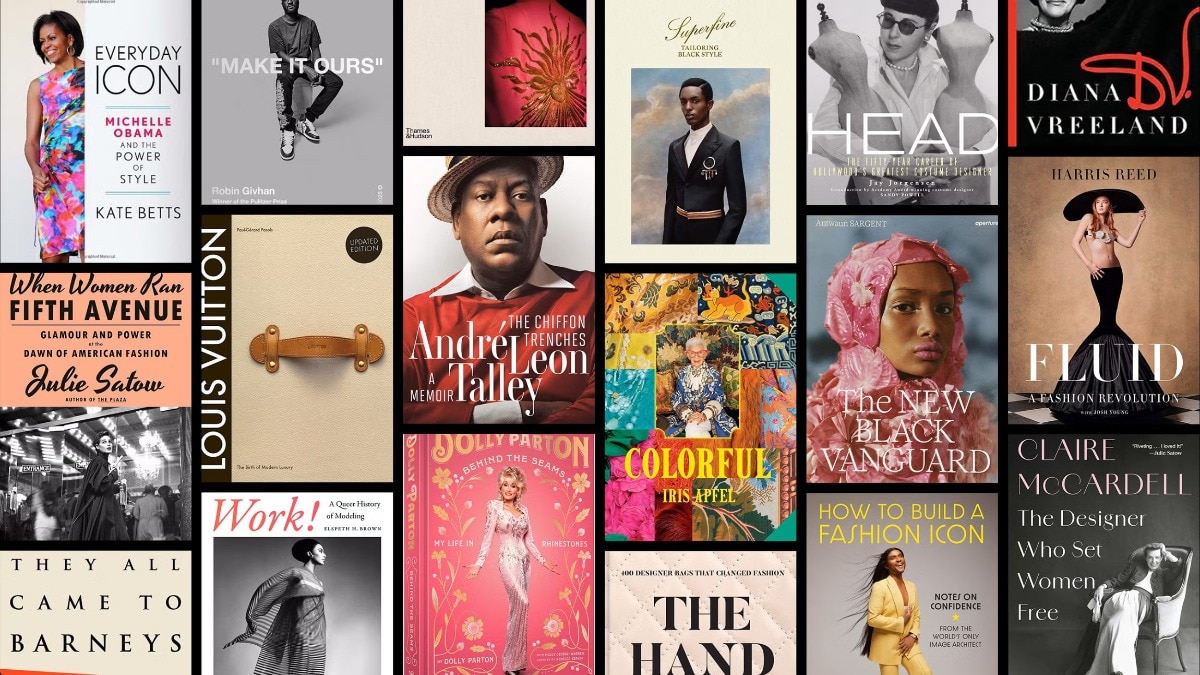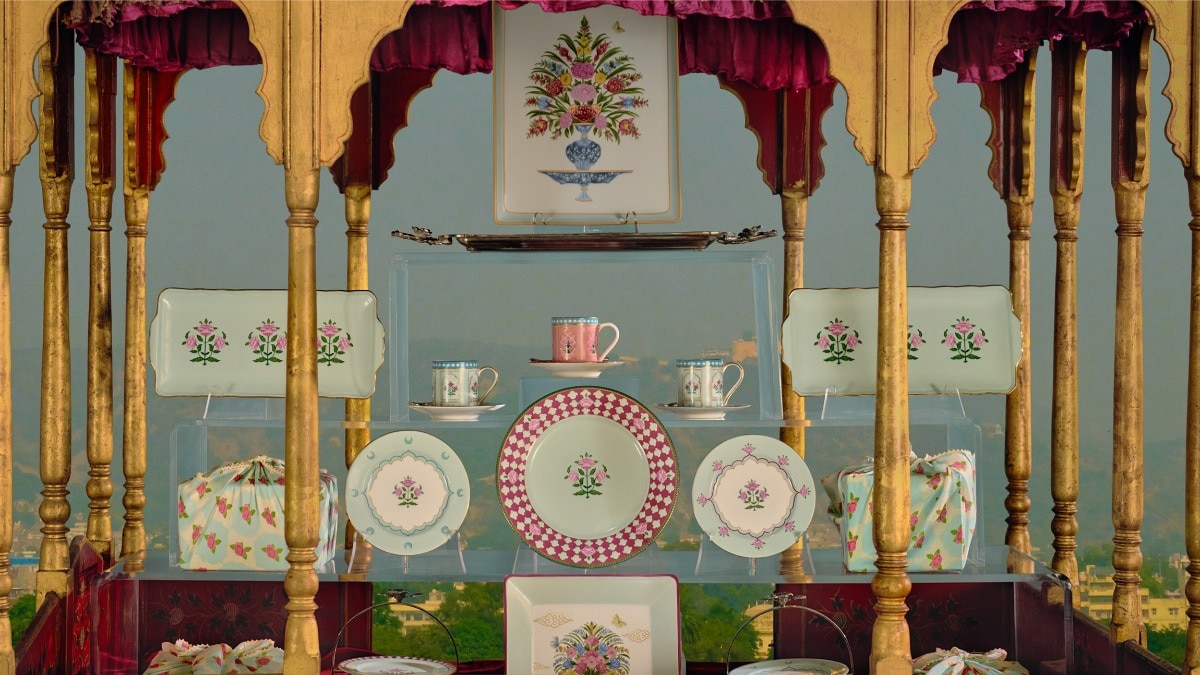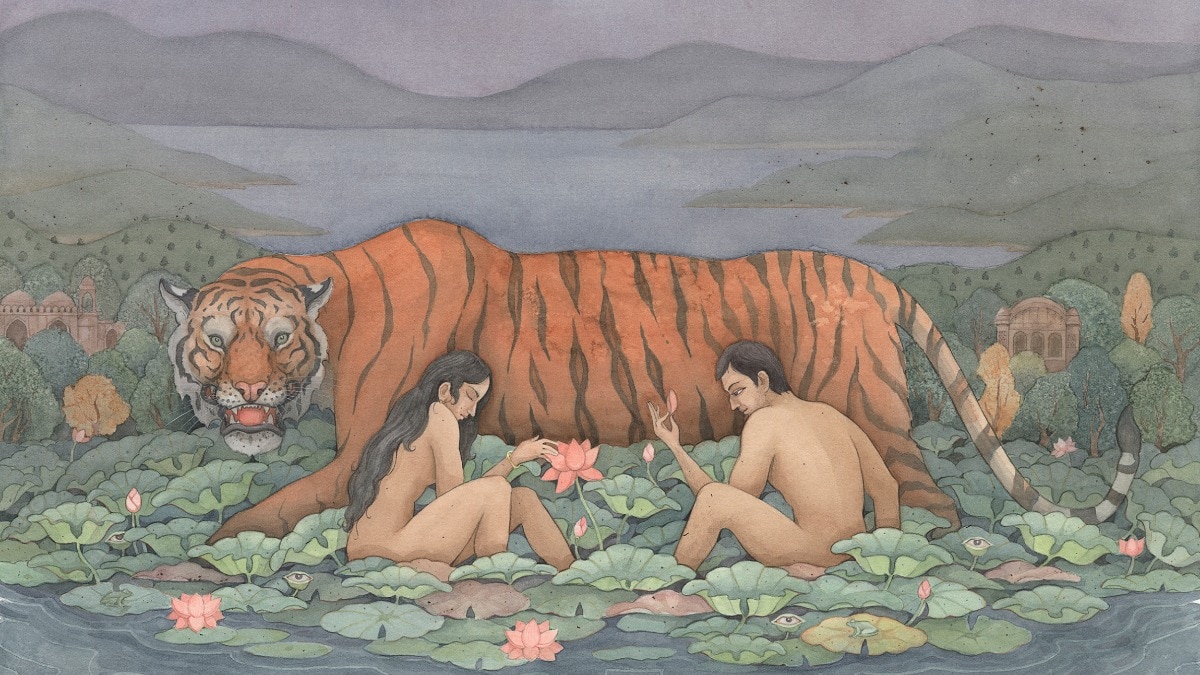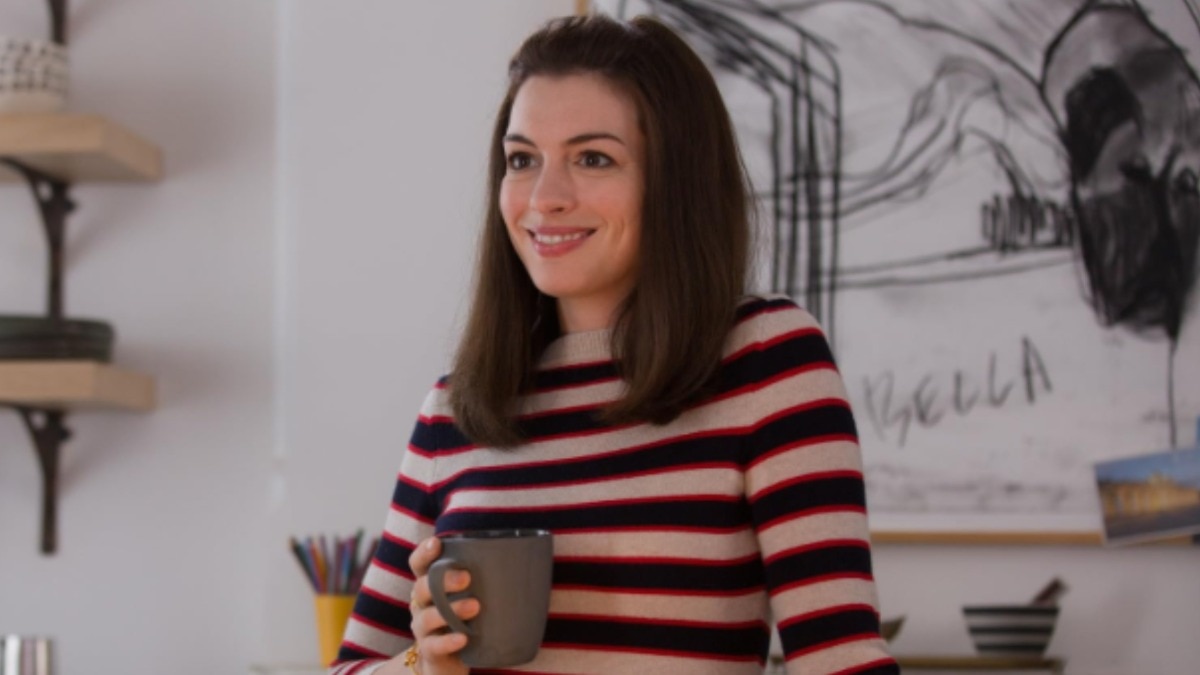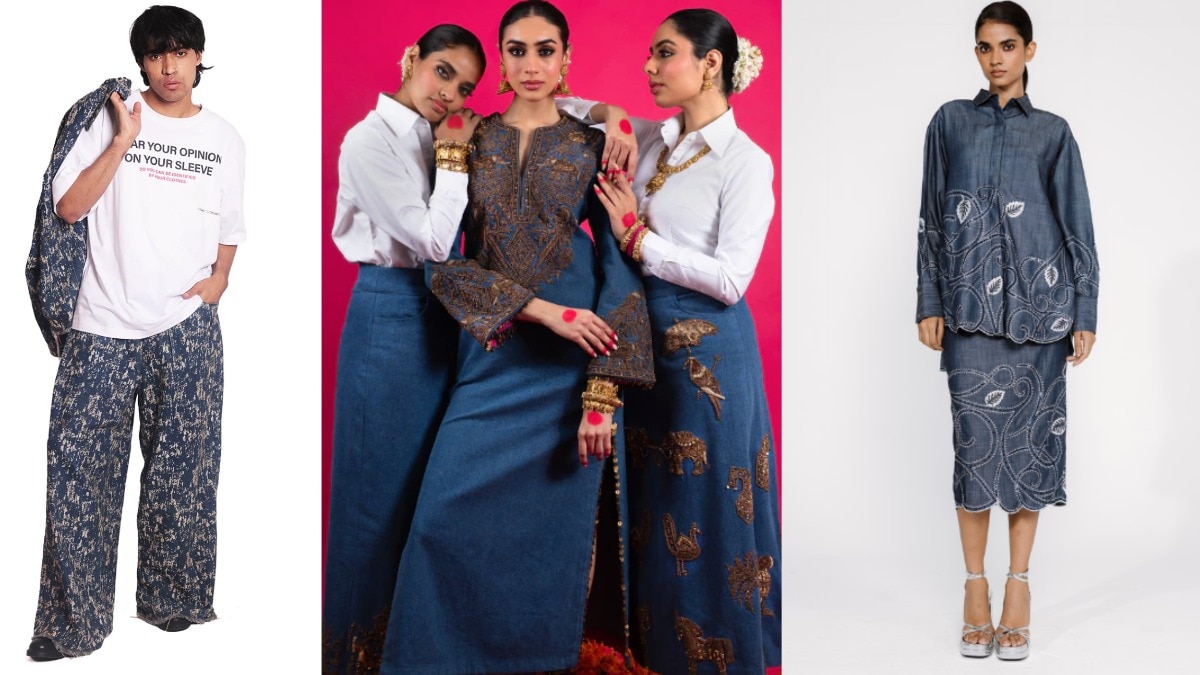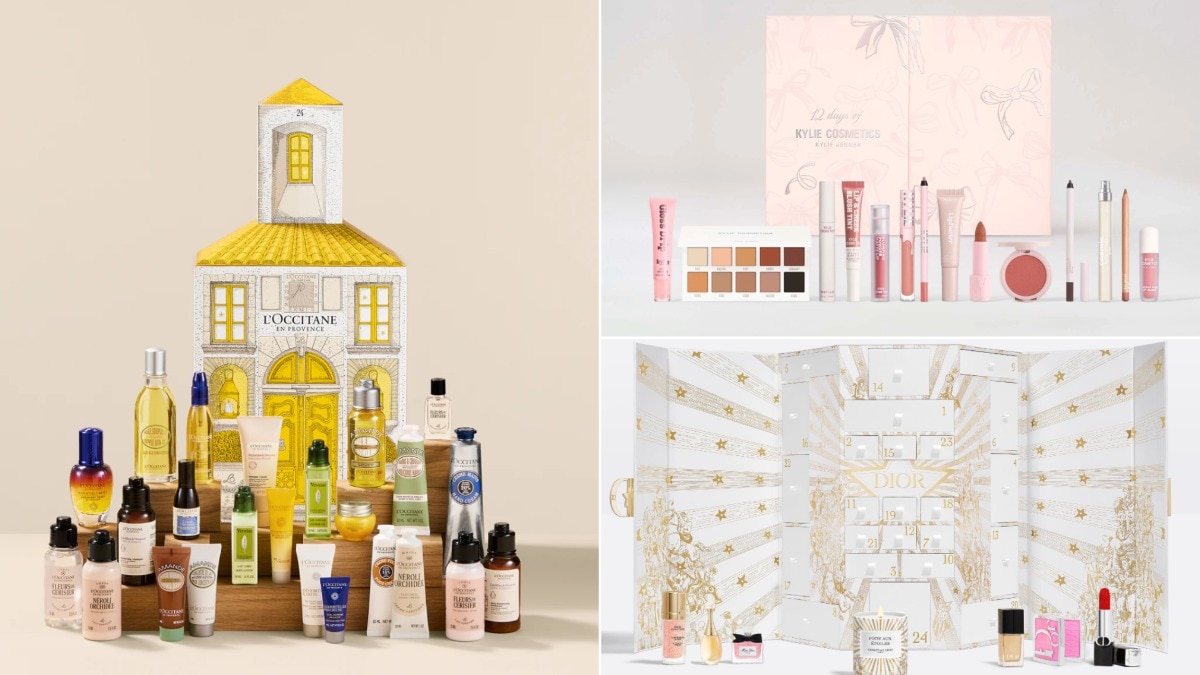Vasundhara Oswal, the young visionary steering billion dollar worth companies
Vasundhara Oswal is more than just her luxe Instagram feed. She’s a 24-year-old visionary who is mature far beyond her years, determined to take on the world.


Nasdaq President and CEO, Adena Friedman once said, “Empowering those around you to be valued makes the difference between a leader who simply instructs and one who inspires.” And this, definitely holds true for business woman, global leader, and mental health advocate, Vasundhara Oswal. The 24-year-old is the elder daughter of the billionaire power-couple, Pankaj and Radhika Oswal of the multinational conglomerate ‘Oswal Group Global,’ and is touted to be a young leader one should take note of. She embodies the term girl boss in every form and trapping.

This Swiss financial graduate has built an extensive portfolio that encompasses the entrepreneur’s varying interests like music, mental health, and of course, business. Besides being the Executive Director of ‘PRO Industries’ and running one of the largest ethanol plants in East Africa, as well as the Director General of ‘Axis Minerals,’ which holds one of the largest mines in West Africa, Oswal is also the co-founder of the world’s first youth led non-profit platform advocating against bullying called ‘Stop The B,’ alongwith her younger sister, Ridi. And if that wasn’t enough cred, she has also founded an entertainment label ‘PRO-Tunes Ltd’ which supports the new wave of Indo-western artists.
We sat down to chat with Oswal about her journey so far, her inspirations, and where she’s headed.
Harper's Bazaar (HB): Tell us about your growing up years and how they empowered you in your entrepreneurial journey?
Vasundhara Oswal (VO): I have always been surrounded by people with an entrepreneurial instinct. My father always stuck to what he believed in and this carved my thinking from a young age. At the age of 26, he left India to pursue his dream of setting up the world’s largest ammonia plant and succeeded. Till date this is the largest ammonia plant running the world. I was never the studious type in high school, but became pretty serious in discovering my passion in the first year of university. I did my bachelors in Finance from Switzerland and graduated with honours. During my third year, initial work on the ethanol project started taking place and in order to fully pursue my career, I took special permission to complete my degree online and give exams in person. This really helped me in getting involved in the project from an early stage and allowed for me to understand it wholly.
HB: What are some of challenges you faced as a female entrepreneur and how did you overcome these?
VO: The industry I am currently working in is a predominantly male dominated one. One wouldn’t usually find too many women in this field because of various factors such as safety, security, and even a sheer under estimation of their abilities. But this being said I feel that every single entrepreneur faces their own set of challenges and must overcome them. It’s a matter of not giving up on what you believe in.
HB: What do you feel is the need of the hour for women to excel in the workplace?
VO: For years, men have not had to justify their presence in the workforce or in the positions they hold. The reason why women are being forced to pursue smaller career paths and are not reaching the same positions as men is because they are forced to take on household and other societal duties without equal distribution of responsibilities with their partner. At the same time, woman do not want to give business their all and want privileges and leeways that are not extended to men. Equality runs both ways and to achieve equal status in the business world we have to recognise this.
HB: As someone who is an advocate for mental health, what measures do you feel governments around the world should take in this regard?
VO: Education is the most fundamental pillar in a child’s life, plus, providing a safe environment for them to learn is equally important. Without putting the necessary measures in place to protect children’s mental health and enforce a positive environment we are inadvertently affecting that child’s mental and emotional growth. Bullying is a topic that is often overlooked until a child experiences suicidal tendencies. My younger sister Ridi attended Institut Le Rosey, touted as be one of the most exclusive schools in the world. Yet, when she experienced bullying, no one was willing to take action or do anything to help her. We approached the school authorities, the principal, the house matron—you name it. But no one was willing to do anything as they did not believe that it was a serious issue. So the problem persisted. Eventually we had to take it to court and that’s when people started taking it seriously. It is difficult to make people understand the severity of bullying. So my sister and I started ‘Stop The B’ to spread awareness about the issue. There are so many children and teenagers alike who don’t know what they are going through or are afraid to speak up about what they’re facing. One of the biggest obstacles of our campaign has been getting through to the youth and giving them reassurance, along with validating their emotions. The process involves breaking through multiple mental barriers to make any progress. The Government should make bullying a juvenile offense that is punishable to the degree of the harm caused.
HB: Besides supporting the lesser-privileged sections of our society, you’re also a believer in sustainability. Given the severity of climate change, what policies according to you should be adopted going forward?
VO: Well, I can’t speak for every industry as each industry has different factors to consider and different ways in which they can adhere to environmental standards. PRO Industries' USP is utilising local talent with the most compatible and environmentally friendly processes and technologies. Our vision is to be among the world’s leading producers of high-quality ethanol/ENA products that are used in a multitude of Industries. When it comes to sustainable processes in our manufacturing plants, we walk the talk. Our 'Zero Liquid Discharge' plan aims to prevent environmental damage by preventing waste water leakage. The effluents from the plant are used to the fullest to produce protein-rich ‘DDGS’. All this later on becomes food for cattle, poultry, and aquaculture industries—and we also have a CO2 capturing plant which is used as a product in the beverage industry. The entire plant has been designed to guarantee adherence to top-notch environmental standards. Of course needless to say we have a vegetarian only policy in our plant to ensure that carbon emissions are reduced to the fullest they can be by any individual working in our unit.


